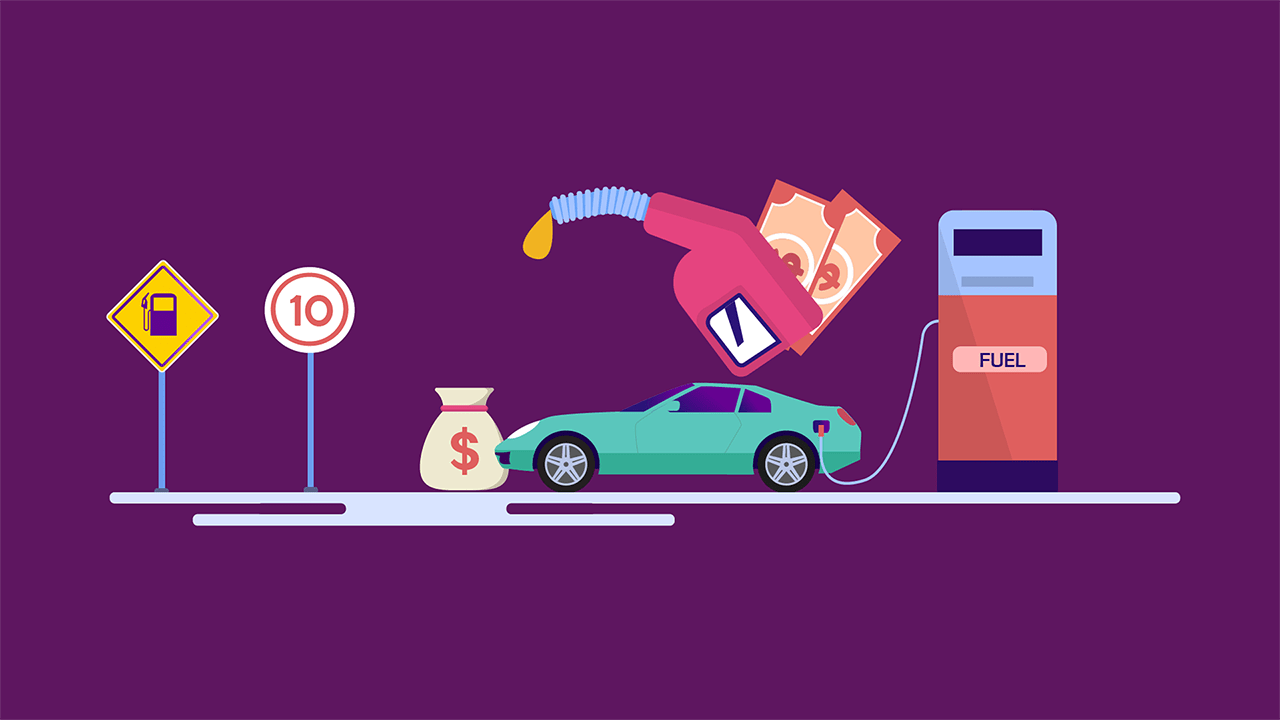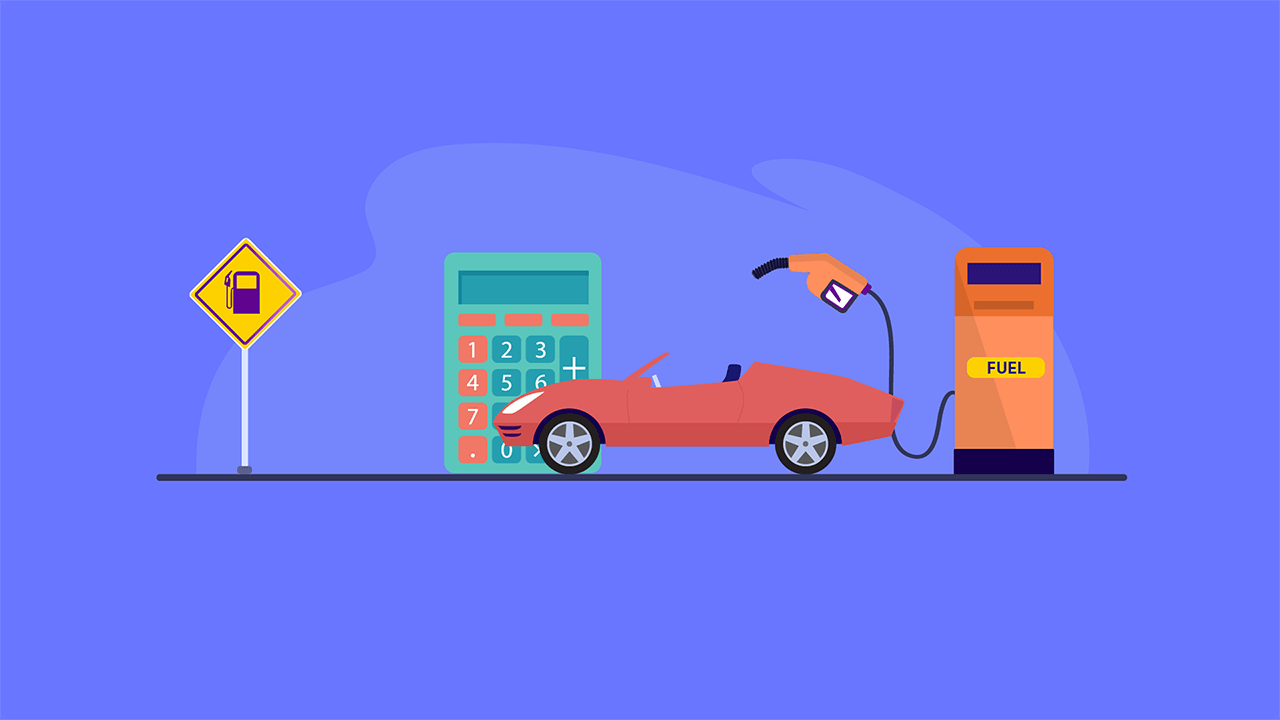Fuel Know-How: Know the 9 Essential Types of Fuels
By Umm e Hani on Apr 22, 2024Contents
When you pull up to a gas station, you're faced with various fuel options. Each type of fuel has its own characteristics and uses. In this article, we'll discuss vehicle fuel types, explaining the different types and what they mean for your car.
9 Different Types of Fuel You Should Know
1. Gasoline (Petrol)
Gasoline, also known as petrol, is the most commonly used fuel for cars around the world. It's known for its convenience and ease of use. Gasoline comes in different octane ratings, and you can choose the one that suits your car's engine.
Pros
- Easy to find at most gas stations.
- Good for quick trips and city driving.
- Works in many car engines.
Cons
- Can be expensive.
- Emits pollution and greenhouse gases.
- Not very fuel-efficient.
2. Diesel Fuel
Diesel fuel is an alternative to gasoline, commonly used in trucks, buses, and some passenger cars. Diesel engines are known for their fuel efficiency and durability.
Pros
- Great for long-haul trucks.
- Better mileage than gasoline.
- Durable engines.
Cons
- Noisy and smelly.
- Can produce harmful soot.
- Not ideal for short drives.
3. Electricity (EV)
Electric vehicles, or EVs, run on electricity stored in batteries. They are becoming increasingly popular for their environmental benefits and energy efficiency.
Pros
- Super quiet and no tailpipe emissions.
- Low operating costs.
- Environmentally friendly.
Cons
- Limited driving range.
- Need charging infrastructure.
- Higher upfront cost.
4. Hybrid Vehicles
Hybrid vehicles combine both an internal combustion engine (usually gasoline) with an electric motor. This is to achieve improved fuel efficiency and reduced emissions.
Pros
- Improved gas mileage.
- Reduced emissions.
- Suitable for all driving situations.
Cons
- Not fully electric.
- Maintenance can be complex.
- Costlier than traditional cars.
5. Natural Gas (CNG/LNG)
Compressed Natural Gas (CNG) and Liquefied Natural Gas (LNG) are alternative fuel grades for vehicles. They are known for their clean-burning properties and environmental advantages.
Pros
- Clean-burning and eco-friendly.
- Abundant natural gas supply.
- Cost-effective for fleets.
Cons
- Limited refueling stations.
- Less energy content.
- Bulky tanks reduce cargo space.
6. Propane (LPG)
Liquefied Petroleum Gas (LPG), commonly known as propane, is another alternative fuel for vehicles. It's valued for its clean-burning properties and versatility.
Pros
- Clean-burning and versatile.
- Used in many applications.
- Reliable fuel source.
Cons
- Limited refueling infrastructure.
- Lower energy density.
- Slightly lower mileage.
7. Hydrogen
Hydrogen fuel cell vehicles are a unique type of zero-emission vehicle. It uses hydrogen gas to generate electricity, producing only water vapor as a byproduct.
Pros
- Zero emissions, only water vapor.
- Quick refueling like gasoline.
- Suitable for heavy-duty vehicles.
Cons
- Limited hydrogen stations.
- Energy-intensive production.
- Expensive technology.
8. Ethanol (E85)
E85 is a blend of ethanol and gasoline, containing up to 85% ethanol. It's often used in flex-fuel vehicles, which can run on a range of ethanol-gasoline mixtures.
Pros
- Renewable and reduces oil dependence.
- Good for flex-fuel vehicles.
- Lower greenhouse gas emissions.
Cons
- Lower fuel efficiency.
- Fewer E85 pumps.
- May damage older engines.
9. Aviation Fuel (Avgas/Jet Fuel)
Aviation fuels are specialized fuels designed for aircraft. Avgas (aviation gasoline) is used for piston engine aircraft. While Jet Fuel powers jet engines in commercial airplanes.
Pros
- High energy density for flight.
- Specially designed for aircraft.
- Reliable and consistent performance.
Cons
- Not suitable for ground vehicles.
- Aviation gasoline is leaded.
- Pricey for general use.
That’s A Wrap!
Each types of gasoline have its own advantages and applications. When filling up your vehicle, it's essential to use the fuel type recommended by the manufacturer. Understanding these different fuels can help you make informed choices for your vehicle and the environment.
FAQ
What Is Octane?
Octane is a measure of a fuel's resistance. It indicates the fuel's ability to withstand high pressure and heat without detonating prematurely.
What Is Premium Gas Number?
The premium gas number is also called octane rating. It is a numerical representation of a fuel's octane level. It indicates the fuel's resistance to knocking, with higher numbers signifying greater resistance.
Is Petrol The Same As Gasoline?
Yes, in many parts of the world, "petrol" and "gasoline" are terms used interchangeably. They refer to the same fuel for internal combustion engines. The choice of term depends on regional language preferences.
What Is Diesel Used For?
Diesel is commonly used as fuel for diesel engines in various applications. This includes trucks, buses, industrial machinery, generators, and some passenger vehicles. It is known for its efficiency and high torque output, making it suitable for heavy-duty tasks.


